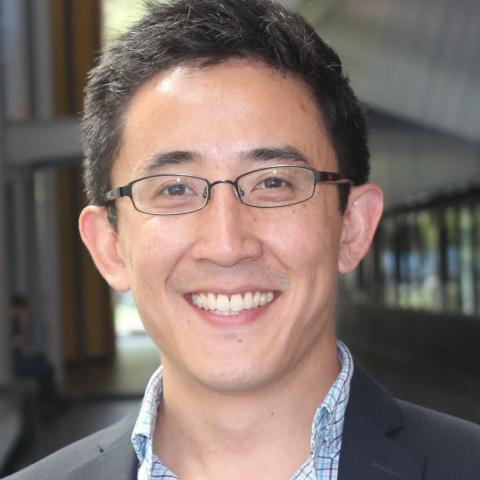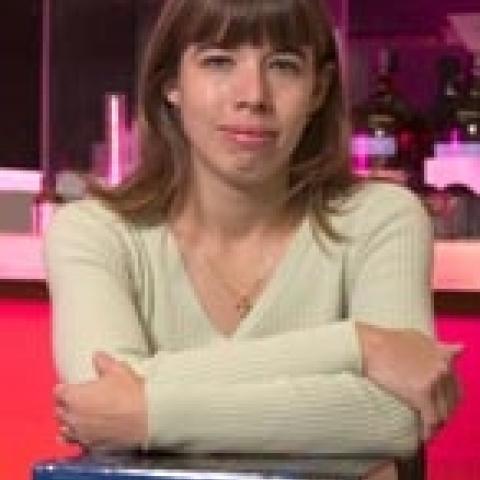Dr. Susan S. Margulies leads the U.S. National Science Foundation’s Directorate for Engineering in its mission to transform our world for a better tomorrow by driving discovery, inspiring innovation, enriching education, and accelerating access. With an annual budget of nearly $800 million, the NSF’s Engineering Directorate provides over 40 percent of federal funding for fundamental research in engineering at academic institutions, and it distributes more than 1500 awards supporting research and education each year. Projects funded by the Engineering Directorate span frontier research to generate new knowledge, problem-driven research to identify new solutions to societal challenges, and application-driven research to translate discoveries to uses that benefit society.
In partnership with industry and communities across the nation, the NSF’s investments in engineering research and education lead to innovative technologies and sustainable impacts in health, agriculture, clean energy and water, resilient infrastructure, advanced manufacturing and communication systems, and many other areas. NSF support also builds the Nation’s workforce capacity in engineering and supports the diversity and inclusion of engineers at all career stages. Together, the NSF’s investments in engineering research and education enhance prosperity, equity and quality of life for all Americans.
Margulies joined the NSF as the assistant director for the Directorate for Engineering in August 2021 after leading the Wallace H. Coulter Department of Biomedical Engineering at the Georgia Institute of Technology and Emory University. While on detail at the NSF, she is a professor and Georgia Research Alliance Eminent Scholar at Georgia Tech and Emory. She received her B.S.E. in mechanical and aerospace engineering at Princeton University, her Ph.D. in bioengineering from the University of Pennsylvania, and post-doctoral training at the Mayo Clinic. She joined the faculty at the University of Pennsylvania in 1993 as an assistant professor, rising through the ranks to professor. In 2017 she became the first faculty member tenured in both the Georgia Institute of Technology and Emory University, and she was a department chair in both the college of engineering at Georgia Tech and Emory’s school of medicine.
Margulies is internationally recognized for pioneering studies spanning the micro-to-macro scales and across species to identify mechanisms underlying brain injuries in children and adolescents and lung injuries associated with mechanical ventilation, leading to improved injury prevention, diagnosis and treatments. She has launched numerous training and mentorship programs for students and faculty, created institute-wide initiatives to enhance diversity and inclusion, and led innovative projects in engineering education.
Margulies’ transdisciplinary scholarly impact has been recognized by her election as fellow of the American Society of Mechanical Engineers, the Biomedical Engineering Society, and the American Institute for Medical and Biological Engineering, and as a member of the National Academy of Engineering and the National Academy of Medicine.
Additional Research
Biomechanics of brain injury, pediatric head injury, soft tissue mechanics, ventilator-induced lung injury, lung mechanics, pathways of cellular mechanotransduction, and tissue injury thresholds.My research in head injury will continue to focus on how and why head injuries occur in adults and children and to improve detection and treatment strategies. At Georgia Tech, I will be continuing that research, looking at innovative biomarkers and new devices to detect mild traumatic brain injuries. At Emory, my research will be focused on animal models for diffuse as well as focal brain injuries—incorporating developments at Georgia Tech into our preclinical model. I also look forward to close collaborations with Children's Healthcare of Atlanta and Emory University faculty to improve the outcomes after traumatic brain injuries.









